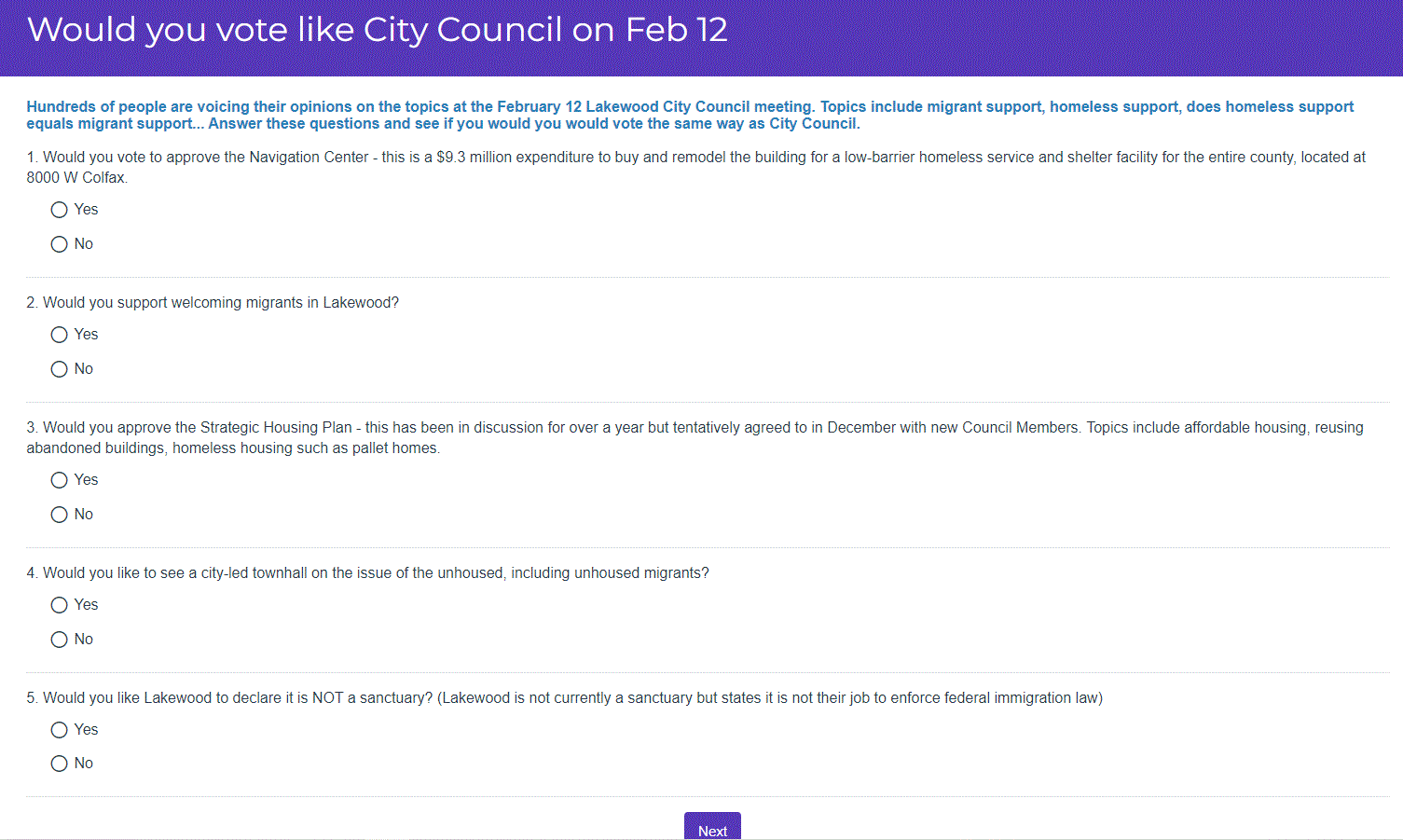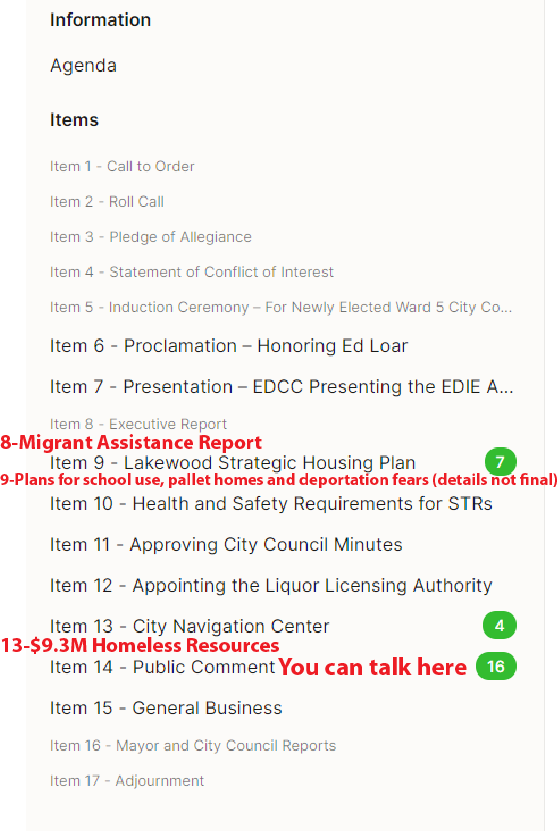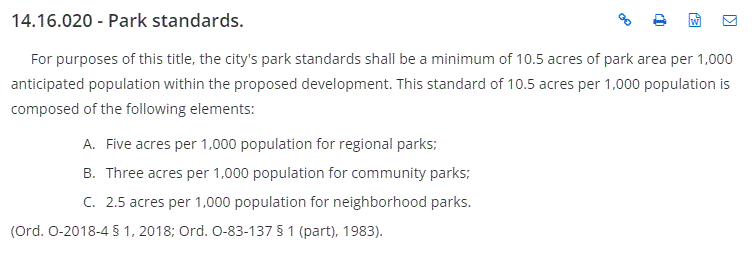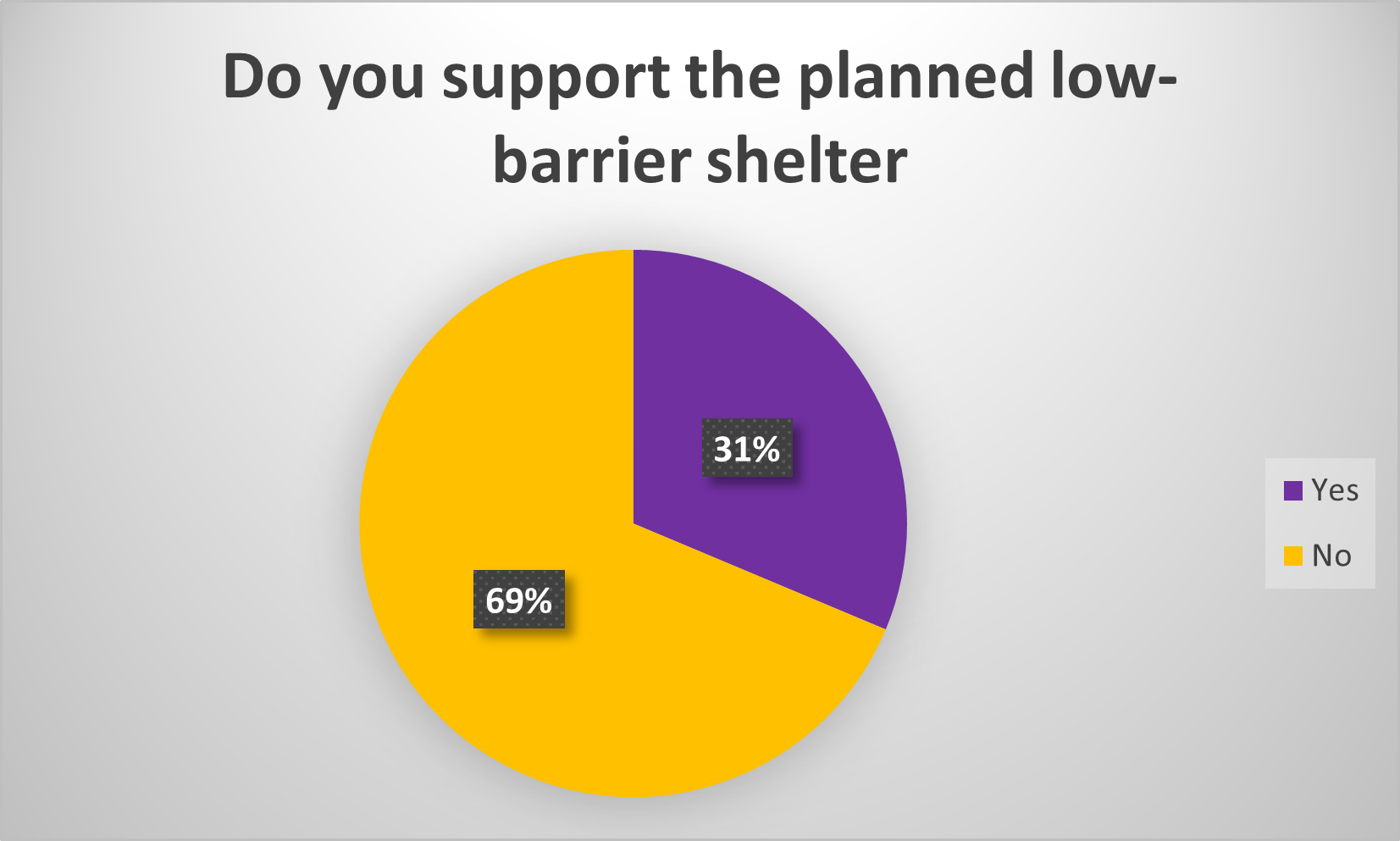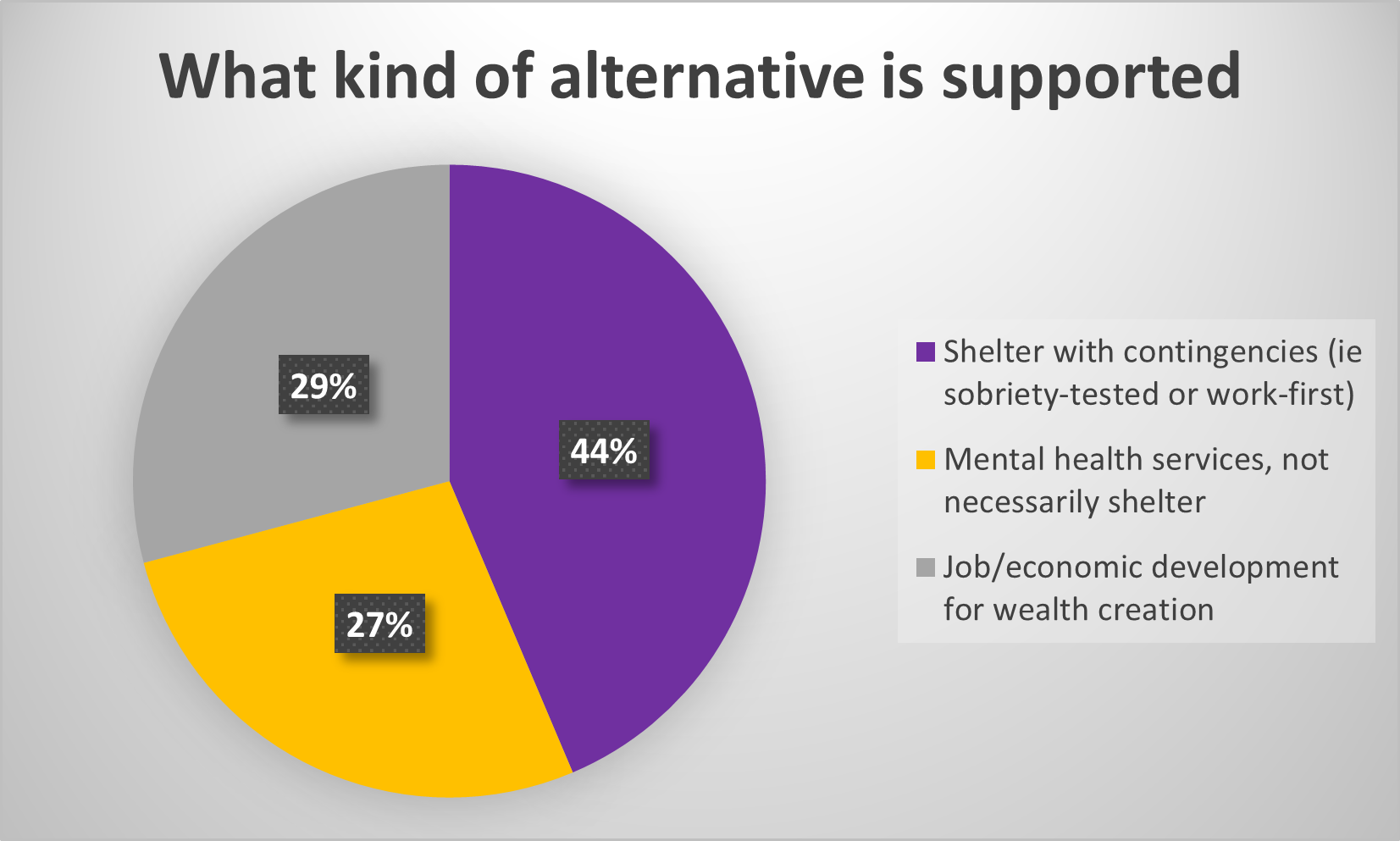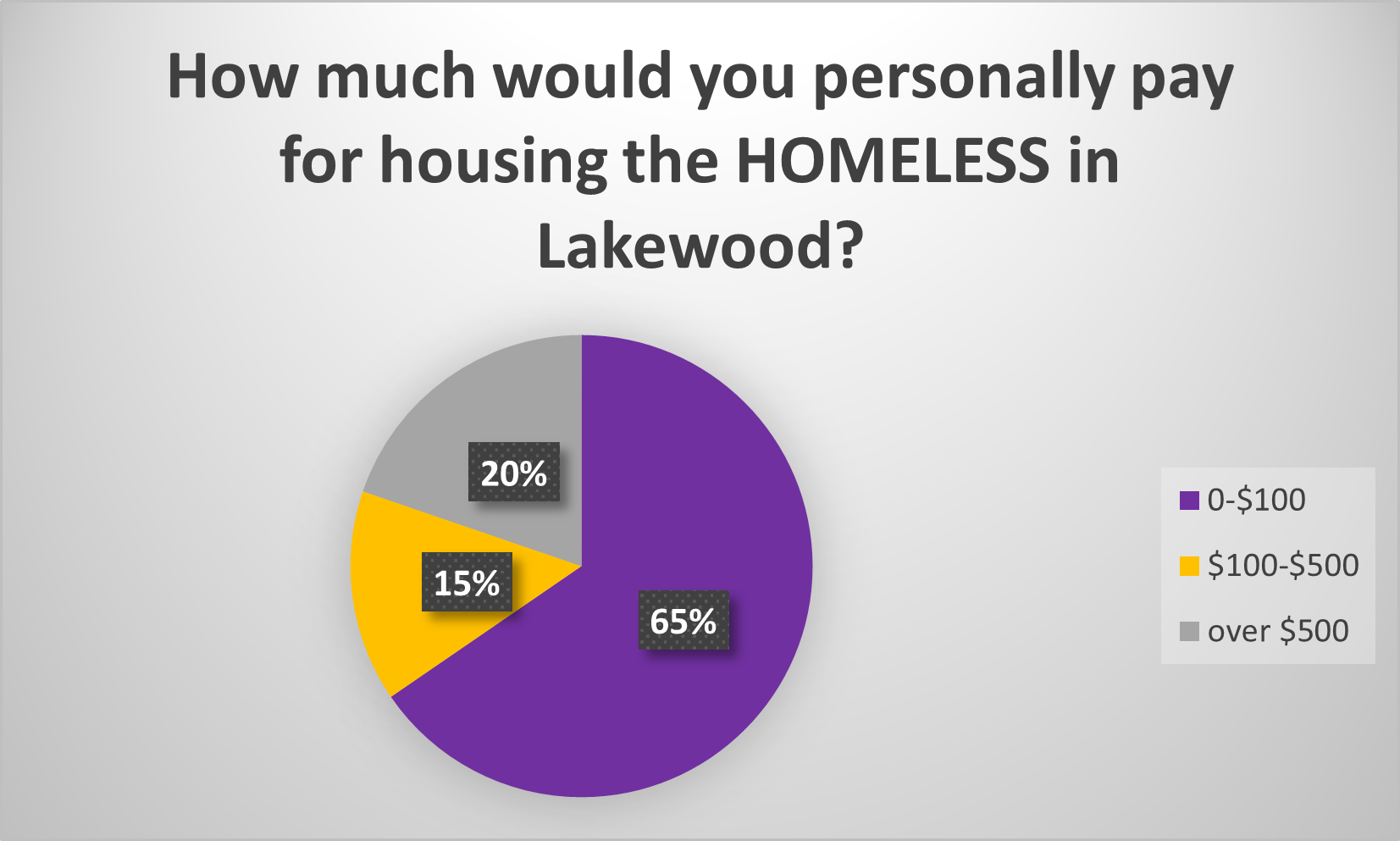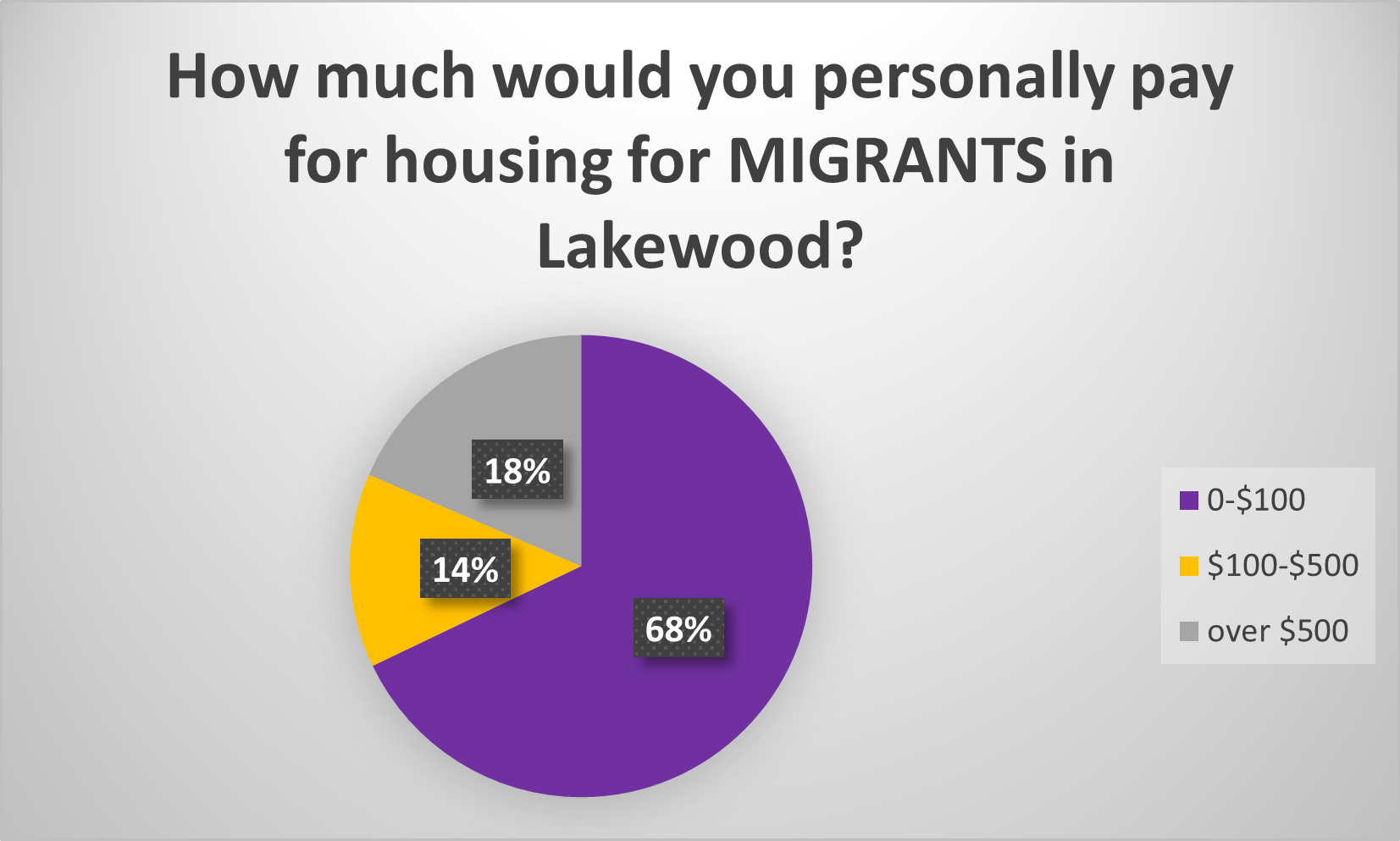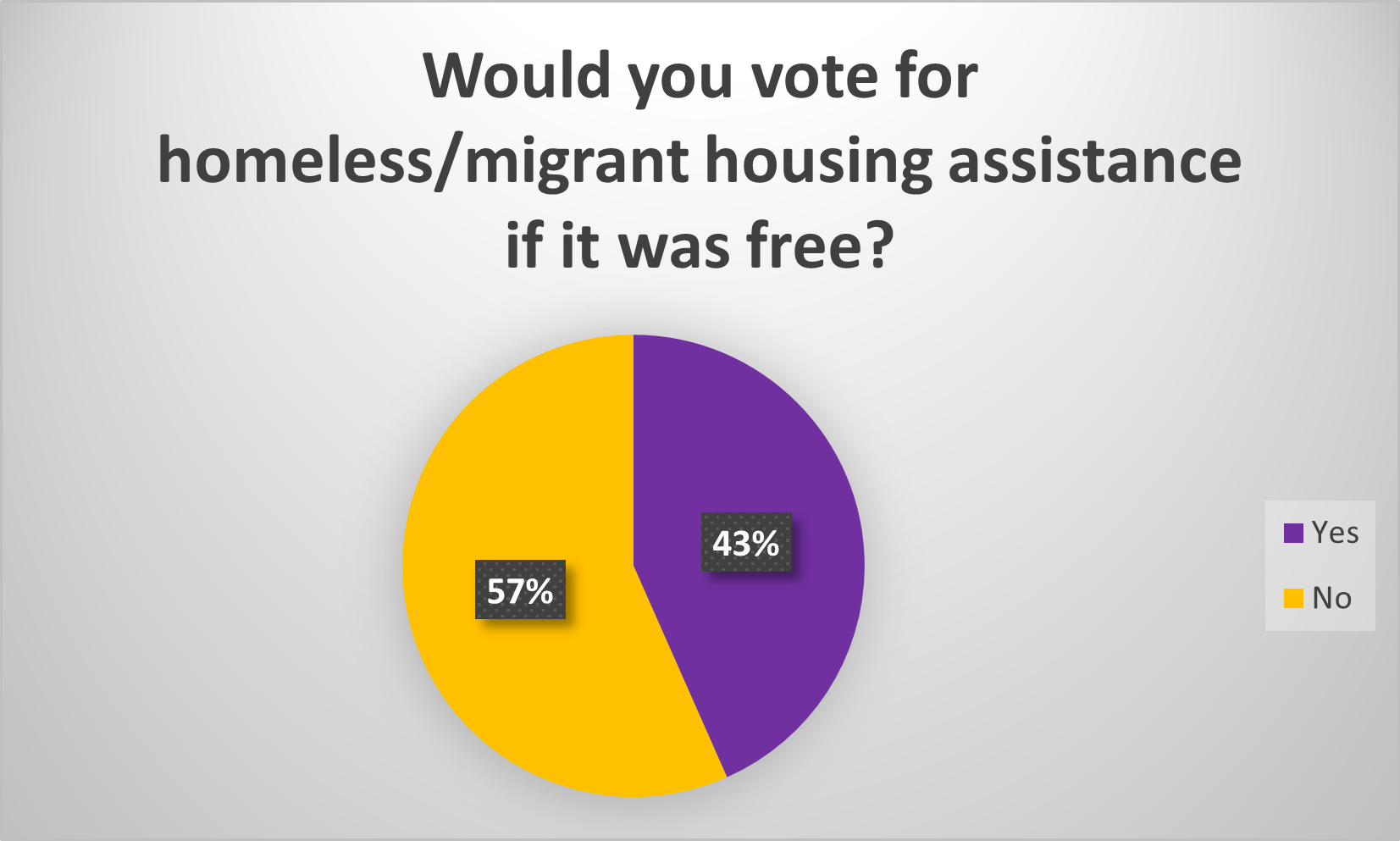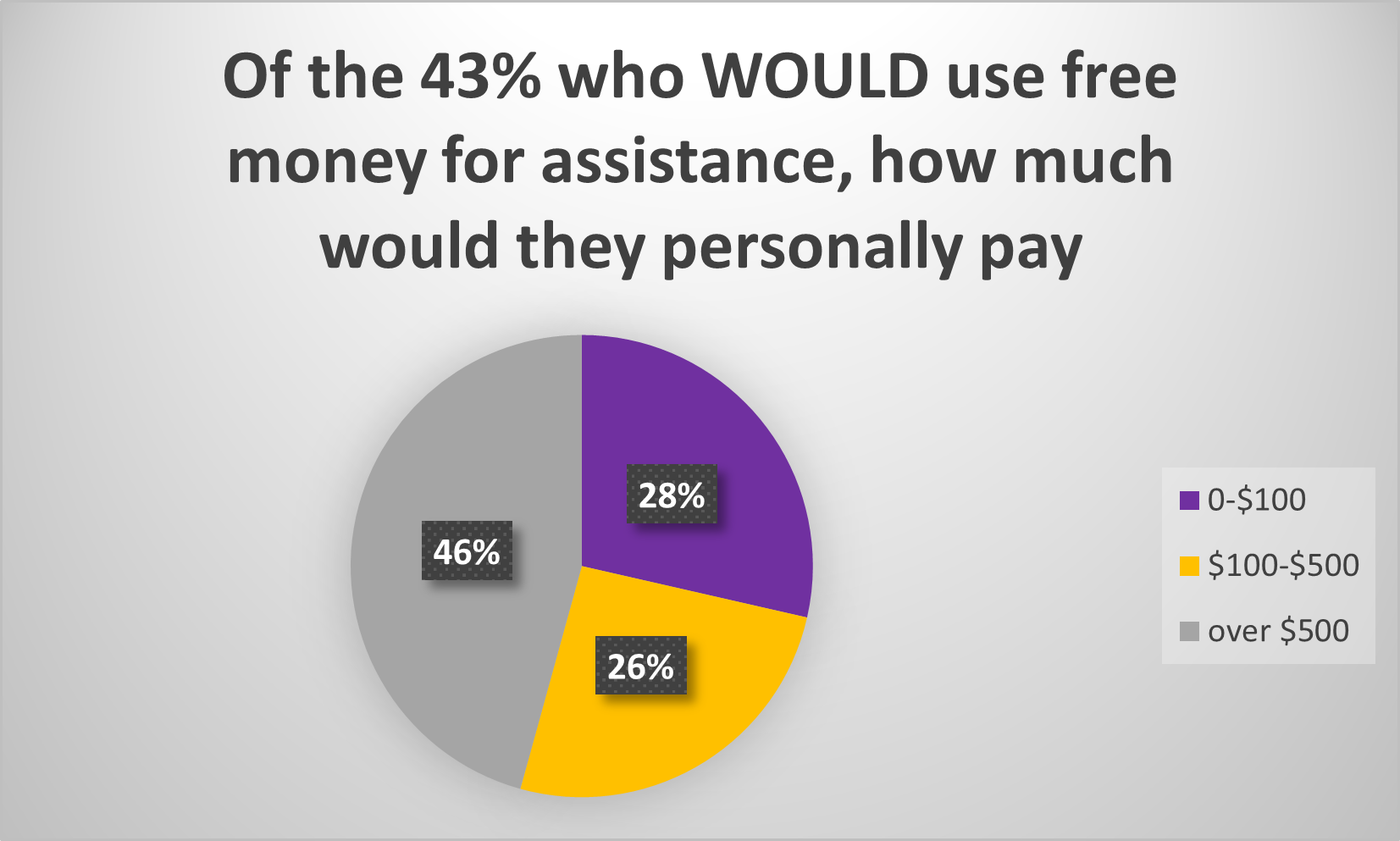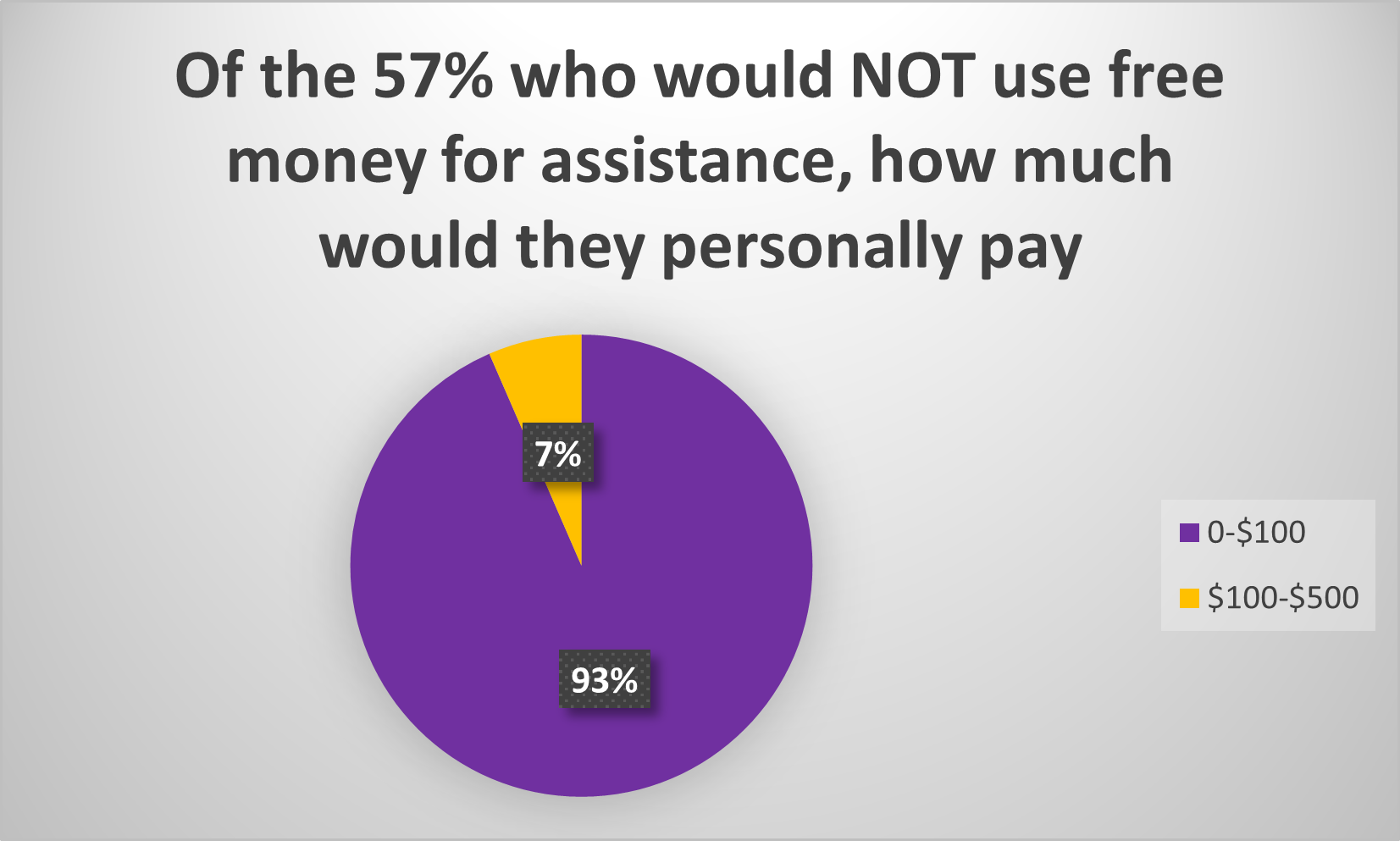Hundreds of Lakewood residents raised concerns over supporting migrants and stopped City Council from taking immediate actions at the Council meeting on February 12. The Council did not even have a discussion on migrant support after the City Manager provided her report on meeting with Denver. Previous Council meetings clearly suggested further discussion and action was anticipated so the abrupt absence substantiates the city’s “misinformation” campaign but does not explain why Council changed directions. Comments later in that meeting show that Lakewood will open city and city-connected non-profit homeless services to migrants. As a new way to support migrants, Lakewood Mayor Wendi Strom has signed Lakewood’s support to fast-tracking work authorizations. Media coverage of the February 12 meeting is listed below.
The City Manager’s report of her discussion with Denver is available online. However, Council had previously promised a discussion at the February 12 meeting to decide what further actions they will take. Councilors Roger Low and Isabel Cruz stated that they hoped the City Manager’s report was only the first step. “Quickly” was the buzzword the City Manager repeated. Not just listening quickly, but acting quickly. The lack of discussion following the executive report was notable not only because of this previous promise, but because it was apparently coordinated. Mayor Strom did not open the floor to comments and no Council Member tried to open a discussion at this time.
Also notable was that six Council Members were wearing butterflies as a sign of solidarity with migrants. This visible support in combination with an apparent coordinated lack of discussion led two members of the public to wonder aloud whether there was any point to making public comment.
Are Council Members listening with an open mind if they come in solidarity with a position?
Migrant support was also discussed when the city approved funds to open a county-wide homeless shelter and support center, otherwise known as a navigation center. Denver’s failed homeless policies and influx of migrants have pushed Denver’s homeless into Lakewood. So by approving a new center, Lakewood is supporting Denver’s failed policies and two displaced populations. And as one public commenter said, Lakewood itself is adopting the same failed “housing first” strategy that Denver has tried.
The navigation center was approved by a vote of 10-1.
Scorecard: Approve Lakewood Navigation Center
Strom: Aye
Shahrezaei: Aye (wears butterfly)
Sinks: Aye (wears butterfly)
Mayott-Guerrero: Aye (wears butterfly)
Cruz: Aye (wears butterfly)
Stewart: Aye (wears butterfly)
Low: Aye (wears butterfly)
Olver: Nay
Rein: Aye
LaBure: Aye
Nystrom: Aye
Non-Profit Coordination
Lakewood will continue to work with non-profits to “navigate”, or coordinate, migrant support. Council Member Sophia Mayott-Guerrero stated that “of course both the Housing Plan and the Navigation Center and any other social resource may in fact support people who have immigrated here.” Mayott-Guerrero has said that she herself volunteers with the Venezuelan migrant population.
Many Lakewood residents seemed to be saying there is no “of course” about it. They want to stop enabling a population that may not have come here legally and they want Lakewood to have a discussion, not just assume there is only one way to do it.
For example, Lakewood’s unofficial policy of migrant support is in stark contrast to cities like Colorado Springs which has declared itself NOT a sanctuary city. According to the Colorado Sun, Colorado Springs has seen approximately 24 migrant families compared to Denver’s 40,000 migrants. Lakewood residents driving popular intersections such as Colfax or Alameda and Sheridan will see migrants looking for work, suggesting Lakewood’s migrant numbers are already more than Colorado Springs, despite Colorado Springs being the larger city.
What is bringing more homeless and migrants to Lakewood than to Colorado Springs?
According to the Colorado Sun piece, the Springs and El Paso County are encouraging non-profits to NOT provide services to migrants because it is not compassionate to signal there are services available when that may not be financially feasible.
The majority of Lakewood residents speaking against migrant support echoed this worry about financial resources, especially during a time when personal finances are stretched thin. Supporters of migrant support felt there was enough to go around, especially when federal funds kicked in to provide free money.
The Navigation Center will not require an ID or any legal verification for service.
Lakewood Encourages Fast-Tracking Work Authorizations
Lakewood is not taking a backseat to providing migrant support. According to the Kim Monson Show, Lakewood Mayor Wendi Strom signed a letter of support from the Metro Mayors Caucus in support of three things: fast-tracked work permits, legal services and federal funding for migrants. This letter is not yet available.
Media Coverage of the Meeting
Lakewood, Colorado, residents urge city council not to help neighboring Denver with migrant crisis, by Lawrence Richard, Fox News
Lakewood residents pack meeting about migrant rumors, FOX31 Denver
Lakewood tries to dispel migrant rumors, 9News
Lakewood residents are right to be skeptical about migrant agreement with Denver, Colorado Peak Politics
Lakewood residents protest as Denver spends millions on new immigrants and tensions grow over what to do, by Rachel Estabrook, CPR News
Denver suburb residents outraged over migrant crisis, America’s Newsroom, FOX News
